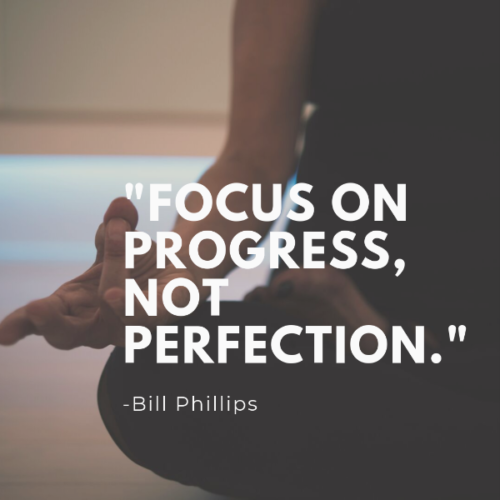When you suffer with executive function challenges, it can be very difficult to maintain a positive mindset.
Years of being late, living with piles everywhere and not meeting commitments or deadlines takes its toll. I see this on a daily basis with my clients. They arrive with experiences of failure etched on their faces. Some hold their bodies in a withdrawn position, as if they are trying to hide. Some nervously giggle and make jokes about how they can’t get their lives together. Sometimes they just stare at the table, awash in shame and guilt. Adolescents can be guarded with a bravado of defiance. And a few have sat down and burst unto tears. They are all living with so much pain.
To sign up for my Seeing My Time course can be an act of desperation for some individuals. They are often up against a wall at school or work or in their personal relationships. They view coming to see me as yet another sign of their ongoing failure.
On the other hand, I see their coming as an act of tremendous courage. My job is to help them own that courage. I shine the light on their positive successes when their mind focuses on the negative.
Examples of the Importance of a Positive Mindset
I always start private Seeing My Time sessions by asking clients to pause and reflect by answering a few questions in the workbook. The questions focus on what strategies are working well or which actions they have taken that make them feel good.
 One woman melted into shame as she stared at this page. She couldn’t think of anything that had gone well. I told her not to worry about it; changing behavior takes time. And then, out of her mouth came: “Well, I did use the meal planning form for shopping this week so making dinner was not such a big hassle.”
One woman melted into shame as she stared at this page. She couldn’t think of anything that had gone well. I told her not to worry about it; changing behavior takes time. And then, out of her mouth came: “Well, I did use the meal planning form for shopping this week so making dinner was not such a big hassle.”
What? That was a HUGE positive step for her. Putting food on the table had been a daily struggle. I pointed out that was a perfect example of a strategy working well and that she should write it down and give herself credit. Her face lit up and she sat up taller.
Another woman arrived and proclaimed that NOTHING was working. She was focused on a conflict the evening before, caused by not having dinner ready on time to meet the needs of family members. After she told that sad tale, she mumbled that she hadn’t been late to any appointments all week. “Stop right there,” I told her. “Did you hear what you just said? You have been on time all week! That is a tremendous change and accomplishment. Write that down.”
A third woman stared at her check-in page, unable to write anything. She bleakly looked at me and said that it had been an awful week. I shared that some weeks are just like that and we just have to live through them. After a pause she said, “Well, I did manage to pick up my son on time from after school care.” I congratulated her on that accomplishment and told her to write it down. After recording her positive action she looked up at me. Her face had gone from bleak to shining with a huge smile on in her face.
Mindset Affects Our Executive Functions
All of these women were suffering from a negative mindset, a belief that they were hopeless and unable to change their behaviors. They were beating themselves up because they hadn’t suddenly become perfect with their time management. According to Dr. William Dodson, MD, it is estimated that kids with ADHD and / or executive function deficits receive an average of 20,000 more negative comments than their peers by age 12. Over years, these negative comments add up. As a result, adults who struggle must work to self-correct these negative messages and focus on what they are doing WELL in order to improve their executive functions.
To counter these negative feelings and thoughts, we must focus on progress, not perfection. Awareness of each positive choice puts us one step closer to a positive mindset. Embracing more positive choices leads to a life that is more enjoyable and more rewarding. As I always say, it is a “little by little” process.
If you are struggling with a negative mindset, feeling helpless and hopeless, I encourage you to pause and reflect back over your day, or your week. Find just one instance where you took an action that made you feel capable and competent. Write that down. Celebrate it, no matter how small it seems, even if it was just getting out of bed and getting dressed. Some days, that can be a real accomplishment.
Little by little… change happens.
Marydee

